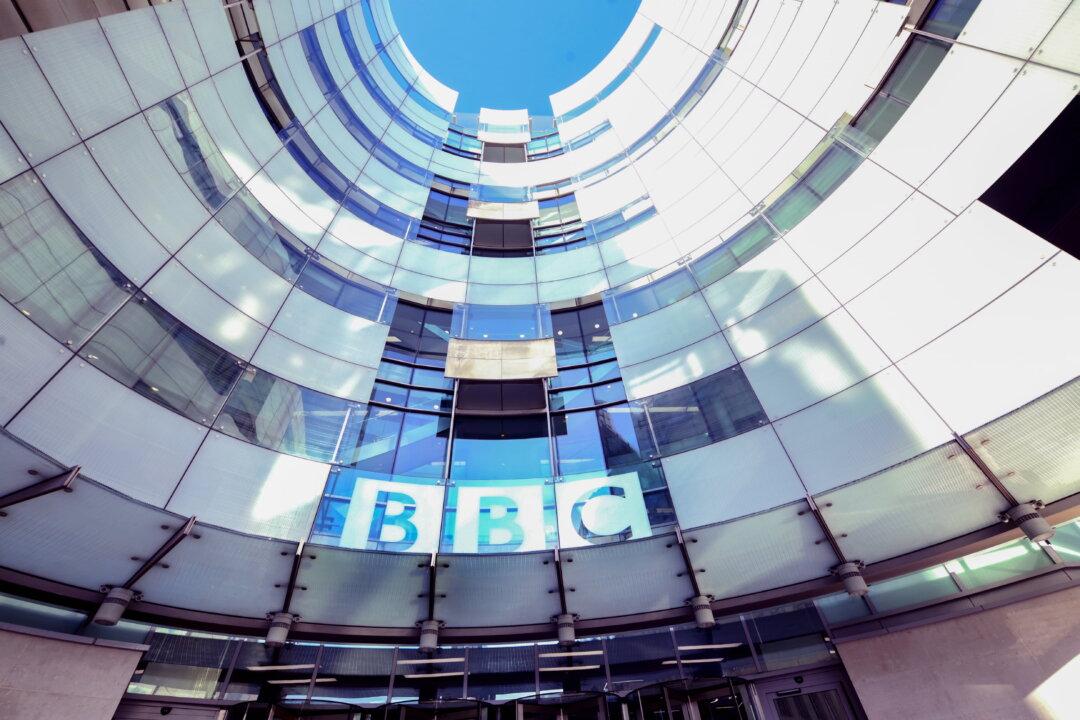The BBC has refused to give in to pressure after it came under criticism for not calling Hamas a terrorist group.
The public broadcaster called Hamas members militants in its reports on the Israel-Hamas War that broke out during the weekend after the latter launched unprovoked missile attacks from the Gaza Stripe and seized Israeli towns.





